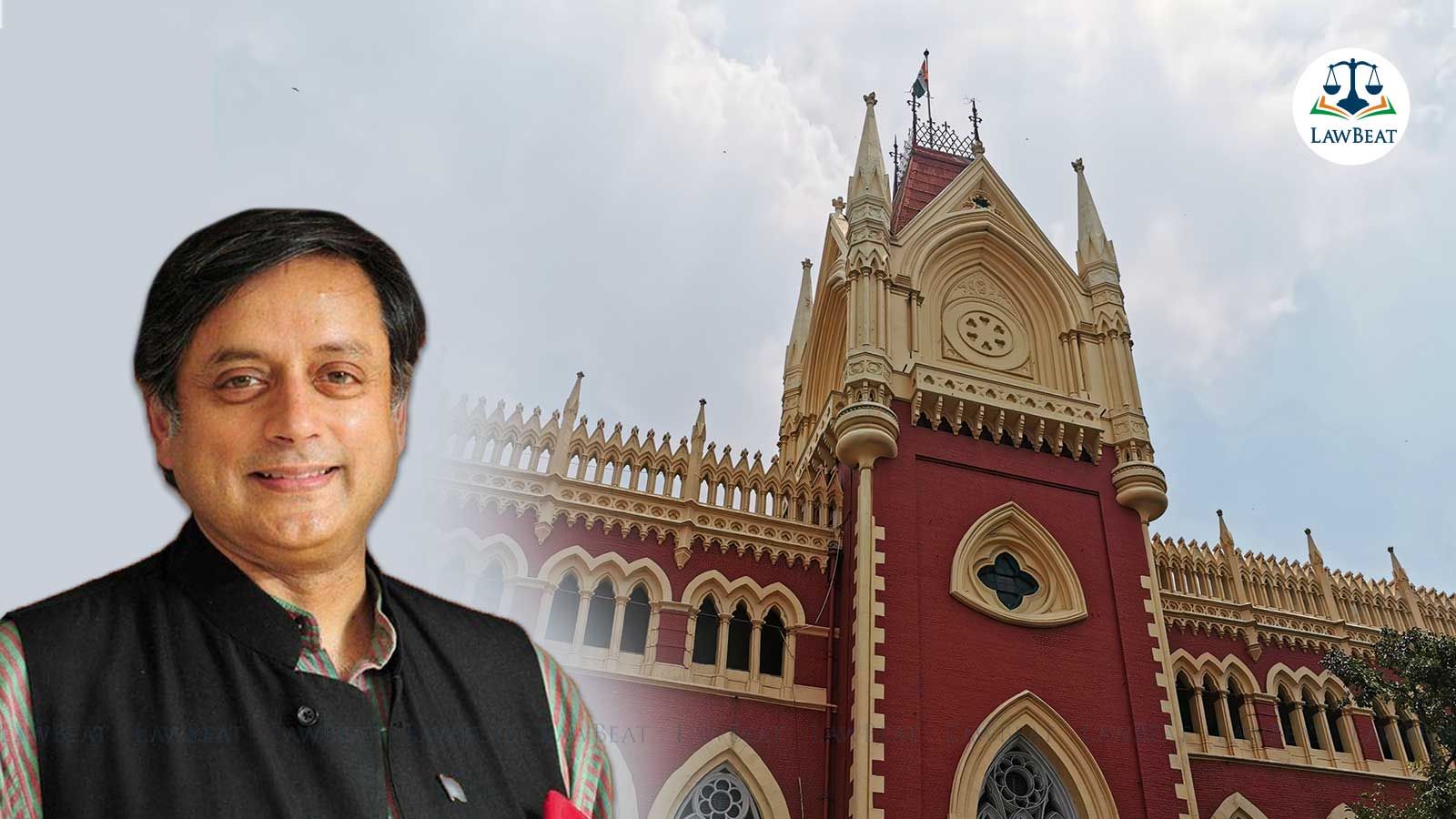Calcutta HC sets aside criminal process initiated against Shashi Tharoor for his remark on BJP

A complaint was filed against Tharoor in 2018 for his remark against BJP that if it comes to power, it will destroy the Constitution and turn India into a "Hindu Pakistan".
The Calcutta High Court on Monday this week dismissed the criminal process initiated by a Calcutta Magistrate against Congress leader Shashi Tharoor for his assertion that "if the BJP is voted to power, it will tear the Indian Constitution and turn India into a Hindu-Pakistan."
The single-judge bench of Justice Shampa Dutt (Paul) held that the Magistrate had not complied with Section 202 of the Criminal Procedure Code (CrPC), which provides for the postponement of process issuance and holding of an inquiry to determine whether there is sufficient ground for proceeding with the case.
The court further said, “The order under revision is under Section 200 Cr.P.C. and not 202 Cr.P.C., even though the petitioner admittedly does not have a local address, within the jurisdiction of the Court issuing process."
Tharoor is an Indian politician and a writer who is currently serving as a Member of Parliament, Loksabha from Thiruvananthapuram, since 2009.
According to the complaint filed, on July 11, 2018, the complainant came across a shocking news report on many news channels that Tharoor had made a public remark in which he allegedly stated, “If citizens of India vote for a particular political party in the ensuing General Election 2019, in such event that particular political party will tear up the Constitution of India and write a new one. And that will be a new one that will enshrine the Principles of Hindu Rashtra that will remove equality from minorities. It will create a Hindu Pakistan and that is not what Mahatma Gandhi, Jawaharlal Nehru, Maulana Azad, Sardar Patel and the great heroes of the freedom struggle thought.”
Based on this, a complainant was filed under Section 200 of the CrPC before the Additional Chief Metropolitan Magistrate, Calcutta.
The Magistrate took cognizance and issued criminal proceedings against Tharoor for violations of Sections 153A (hate speech) and 295A (hurting religious sentiments) of the Indian Penal Code, as well as related provisions of the Prevention of Insults to National Honour Act, 1971.
Thus, Tharoor approached the high court claiming that the Magistrate issued the process summons without complying with the mandatory provision of Section 202 of the CrPC, which was required as he lives outside the jurisdiction.
The counsel for Tharoor stated that prima facie no case was made against him and mere reading of the complaint did not constitute any offence. This case has been filed only out of political vendetta and personal grudge and it is purely an abuse of process of law and an abuse of process of Court, he stated.
Further, the counsel submitted before the court that there were no ingredients in the complaint to constitute an offence under Sections 153A/295A of the Indian Penal Code and Section 2 of the Prevention of Insult to National Honour Act, 1971.
Furthermore, the counsel said that the Magistrate failed to consider and appreciate the proper aspect of the present case and without applying his judicial mind took, cognizance in a mechanical manner and thereby proceeded under Section 204 of the Code of Criminal Procedure which was absolutely bad in law and as such the said order was liable to be set aside.
After hearing all the contentions, the court noted, “The allegations in the written complaint, in this case, are regarding certain comments allegedly made by the petitioner against a rival political party, and his views regarding the party’s alleged acts and conduct and the said statement were as a political opponent.”
The court relied on multiple judgments and said that the order dated April 13, 2018, passed by Chief Metropolitan Magistrate, Calcutta was not in accordance with the law.
Accordingly, Justice Shampa Dutt set aside the order and directed the magistrate to hear the matter afresh, duly complying with the provision of Section 202(2), Code of the Criminal Procedure.
Case Title: Dr Shashi Tharoor vs State of West Bengal
Statute: Code of the Criminal Procedure, Indian Penal Code, The Prevention of Insult to National Honour Act, 1971
